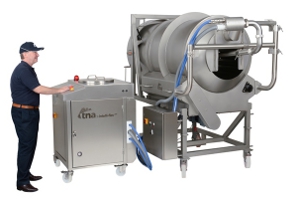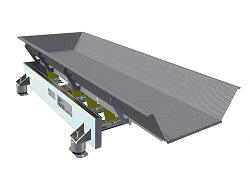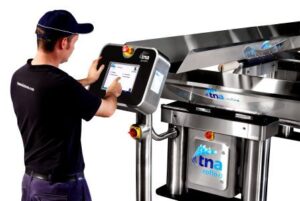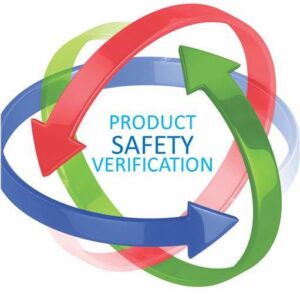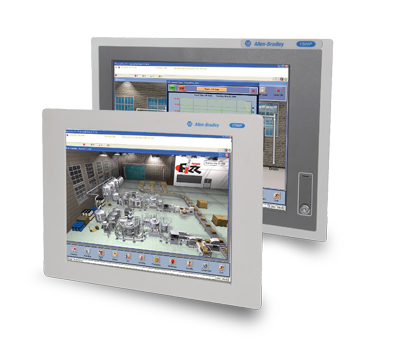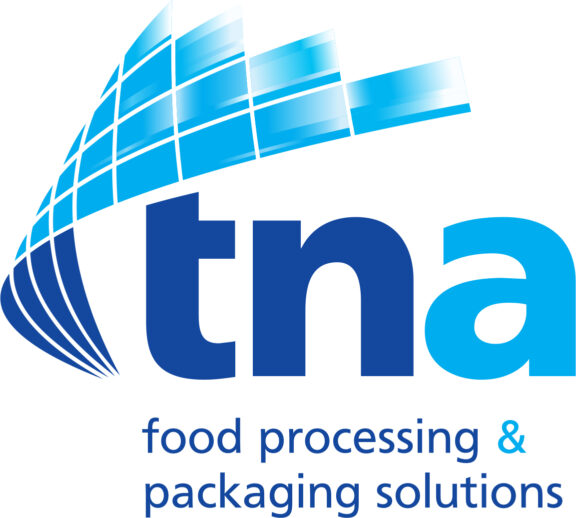3 ways augmented reality can add value to food production lines
augmented reality | 4 mins read
September 20, 2021
With a new era of digitalisation dawning, augmented reality (AR) – a technology that adds digital elements to a physical environment – is gaining traction with food processing and packaging businesses across the globe. In an increasingly virtual world, AR has the potential to create a fully immersive, interactive experience that can improve customer service, while also delivering significant ROI. Meanwhile, streamlining operations and making savings on valuable resources is becoming more important than ever.

But what do the benefits of AR mean in practice and how can it bring value to production lines in the long-term? Here, we discuss the top three benefits that AR can bring food manufacturers during the processing and packaging phase:
1. Boosting production efficiency
Food manufacturers are increasingly adopting AR technologies to create safer, smarter and more efficient workplaces. By first creating a visual representation of the production line, flexible and customisable AR platforms enable producers to take a more holistic view on how to optimise processes and reduce errors – before making more permanent changes.
Plus, with food waste becoming a growing problem worldwide, pressure is building for manufacturers to optimise food production processes as much as possible. AR technology can help make operations more resource-efficient by calculating the precise amount of ingredients for each product through virtual demos to ensure nothing is wasted.
2. Tightening up training regimes
In a fast-paced and detail-orientated industry like food production, operator training is more than just important – it’s essential. Without a thorough knowledge of equipment settings, safety standards and best production practices, the factory floor can become a very chaotic and sometimes dangerous place. Add to this the detrimental impact poor training can have on overall product output, and it’s easy to see why companies expend so much time and money on perfecting induction programmes.
AR-enhanced training sessions offer businesses an effective alternative to traditional onboarding processes. By giving operators the opportunity to practice techniques on detailed virtual representations of real-world machinery, this technology can get new employees trained up faster, while minimising risks to operators and expensive equipment. Evidence even shows that employees trained using AR headsets achieve an 80% retention rate, 12 months after the initial process – ensuring operations stay safe, smooth and efficient without the need for extensive refresher sessions.
3. Remote equipment maintenance
AR has become a game-changer when it comes to the repair and maintenance of equipment for food production plants. Especially under recent travel restrictions, AR offers the opportunity for enhanced collaboration by enabling technical experts or engineers to see the equipment or plant in question in real-time and provide bespoke guidance on how to resolve a fault or production challenge. This allows businesses to commission new equipment without waiting for an in-person site visit and keep production downtime to an absolute minimum. What’s more, with the opportunity for more frequent expert evaluations, producers can more accurately predict and manage machine repairs – rather than being caught off-guard by an unexpected malfunction.
Making AR a reality
As AR technologies advance, we’re likely to see more food manufacturers embracing virtual support, enabling quicker and more efficient product scoping, servicing without the need for in-person visits. Our new digitally enhanced customer experience – tna remote assist – was developed with this in mind. From equipment commissioning to operator training and troubleshooting, this innovative service allows customers to connect with tna’s global team of expert engineers virtually, to quickly and easily access the tailored support they need to keep their operations running smoothly.
Powered by the Microsoft HoloLens 2 headset, tna remote assist lets project managers and engineers contact a tna technician and share what they see in real-time. Using AR technology, the expert can then guide the engineer through the commissioning, installation, training or servicing process, indicating precisely which actions to take. The result? No more waiting for on-the-ground commissioning visits and highly accurate consultancy that helps food producers build a more profitable operation – wherever they are in the world.
Augmenting the future of food processing
This is just the beginning of the food manufacturing sector’s digital transformation. Industry 4.0 technologies are already transforming the way plants operate – enabling better collaboration and improved training processes. Moving forward, AR could have a truly tangible, positive impact on your plant – so what are you waiting for?
For more information on how our tna remote assist service can add value to your production line, visit: https://tnacomdev.wpenginepowered.com/services/remote-assist/















